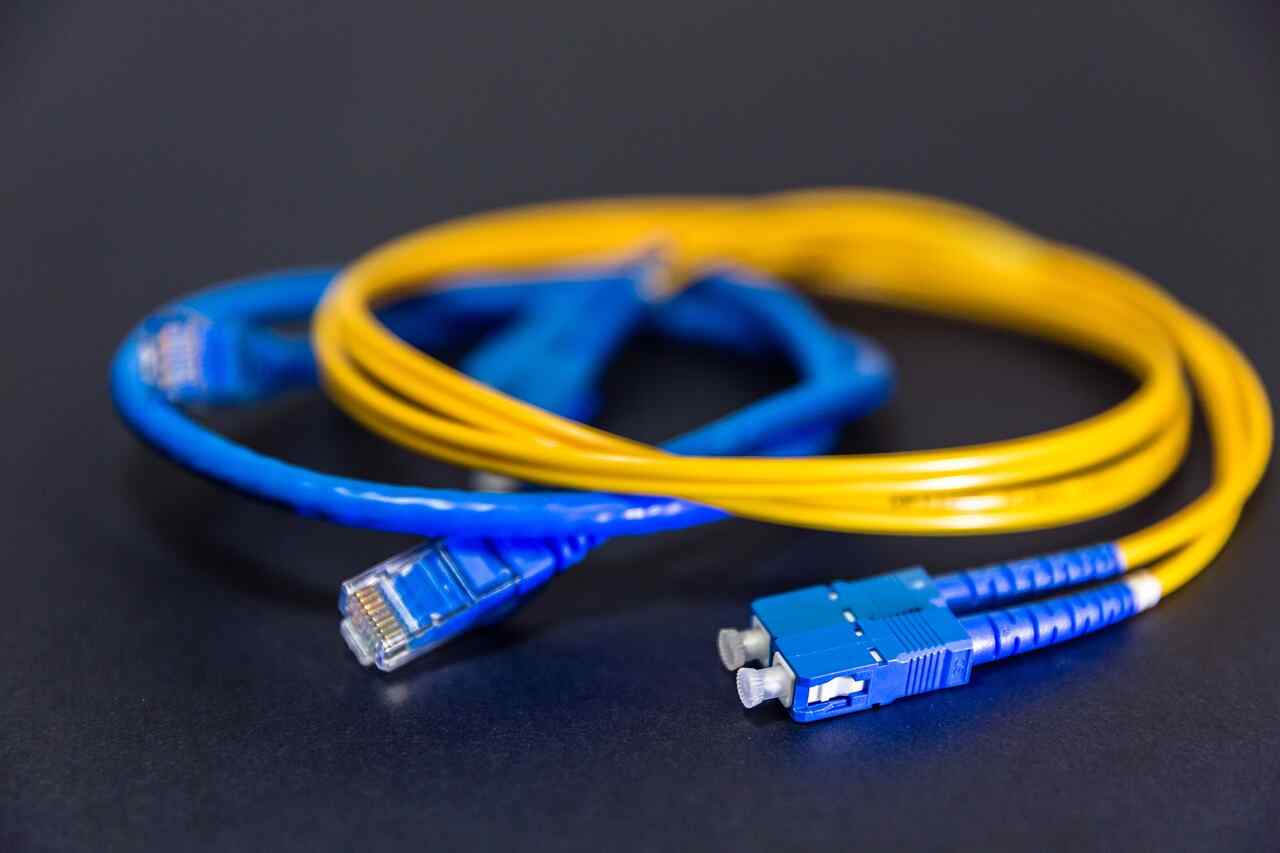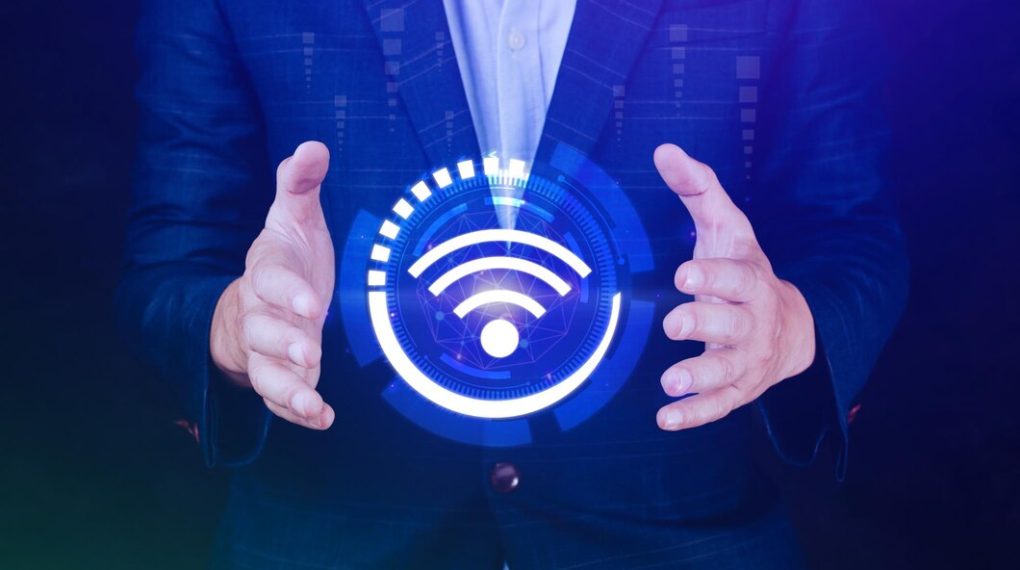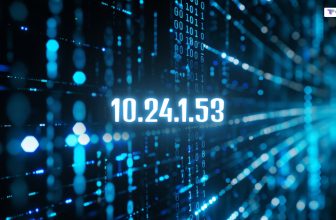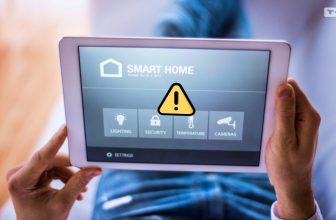
High-speed fiber optic internet connections are becoming more and more popular, with good reason. Fiber optic internet provides incredibly fast speeds, high reliability, and many other benefits that make it the best choice for both homes and businesses. Let’s look at the top 6 advantages of switching to fiber optic internet.
1. Lower Latency For Faster Response Times
Latency refers to the time it takes for data to travel back and forth across a network. Fiber optic cables transmit data at the speed of light, resulting in extremely low latency. This leads to much faster response times and less lag compared to traditional copper wire networks that are plagued by electromagnetic interference and physical obstacles. The near-instant communication enabled by fiber optics is perfect for activities like online gaming, video conferencing, and live-streaming events. You’ll experience smooth, uninterrupted connections that react at the speed of light.
2. Increased Security Against Network Intrusions

Fiber optic cables are extremely difficult to tap into without detection. The glass fibers transmit data as pulses of light, which do not emit electromagnetic fields. Attempting to splice into a fiber optic cable disturbs the subtle internal reflections of light required to transmit data. This causes the connection to fail, exposing the intrusion attempt. Fiber optic internet connections provide innate security against network intruders attempting to steal data through wiretaps. This makes them ideal for governments, financial institutions, healthcare facilities, and other organizations transferring sensitive data.
3. Greater Network Stability And Reliability
Once installed, fiber optic internet provides an extremely stable and reliable connection. The fiber optic cables are made of flexible glass and are not impacted by weather conditions or electromagnetic interference. This reduces downtime from network disruptions, making fiber optic internet ideal for running mission-critical applications. Fiber optic connections can continuously operate for decades without any loss in performance. The cables are future-proofed as faster networking equipment can utilize the immense data capacity of the fiber optic strands. This long-term reliability means that investing in a fiber optic connection will pay dividends for many years to come.
4. Virtually Unlimited Bandwidth Potential

Fiber optic technology has nearly limitless room for growth, with enough bandwidth potential to suit all our networking needs well into the future. A single fiber optic strand can transmit over 10 terabits per second. In contrast, traditional copper telephone lines max out at only 56kbps. Current fiber optic connections to homes and businesses typically provide speeds up to 1 Gigabit per second. But as bandwidth demands continue growing, internet providers can scale up the speed capacities of fiber optic networks while still utilizing the same cables. This gives fiber optic internet vast upside potential compared to outdated DSL or cable networks. Contact your local fiber optic provider such as Newport security systems to find out how you can benefit from fiber optic speeds and performance where you live and work.
5. Reduced Risk Of Electromagnetic Radiation Exposure
Concerns exist over potential health impacts from electromagnetic radiation produced by electronic devices and wireless networks. Fiber optic internet connections produce no electromagnetic or radio-frequency radiation, eliminating this potential health risk in your home or office. The fiber optic strands carry data as pulses of light, not electromagnetic waves. For those concerned about long-term exposure to EM radiation, especially from sleeping near wireless routers or working in IT environments, switching to fiber optic internet provides extra peace of mind.
6. Environmental Benefits Of High-Efficiency Transmission
The high-bandwidth capacity of fiber optic networks allows them to handle vastly more data traffic than copper wire or coaxial cable networks. And fiber optic cables require less power and fewer networking resources per unit of data transmitted. This greater transmission efficiency significantly reduces power consumption compared to outdated internet infrastructure. Widespread adoption of fiber optic internet could noticeably reduce worldwide energy usage and carbon emissions from data networking. So, choosing fiber optic internet aligns with environmentally conscious living and business practices.
Read Also:






